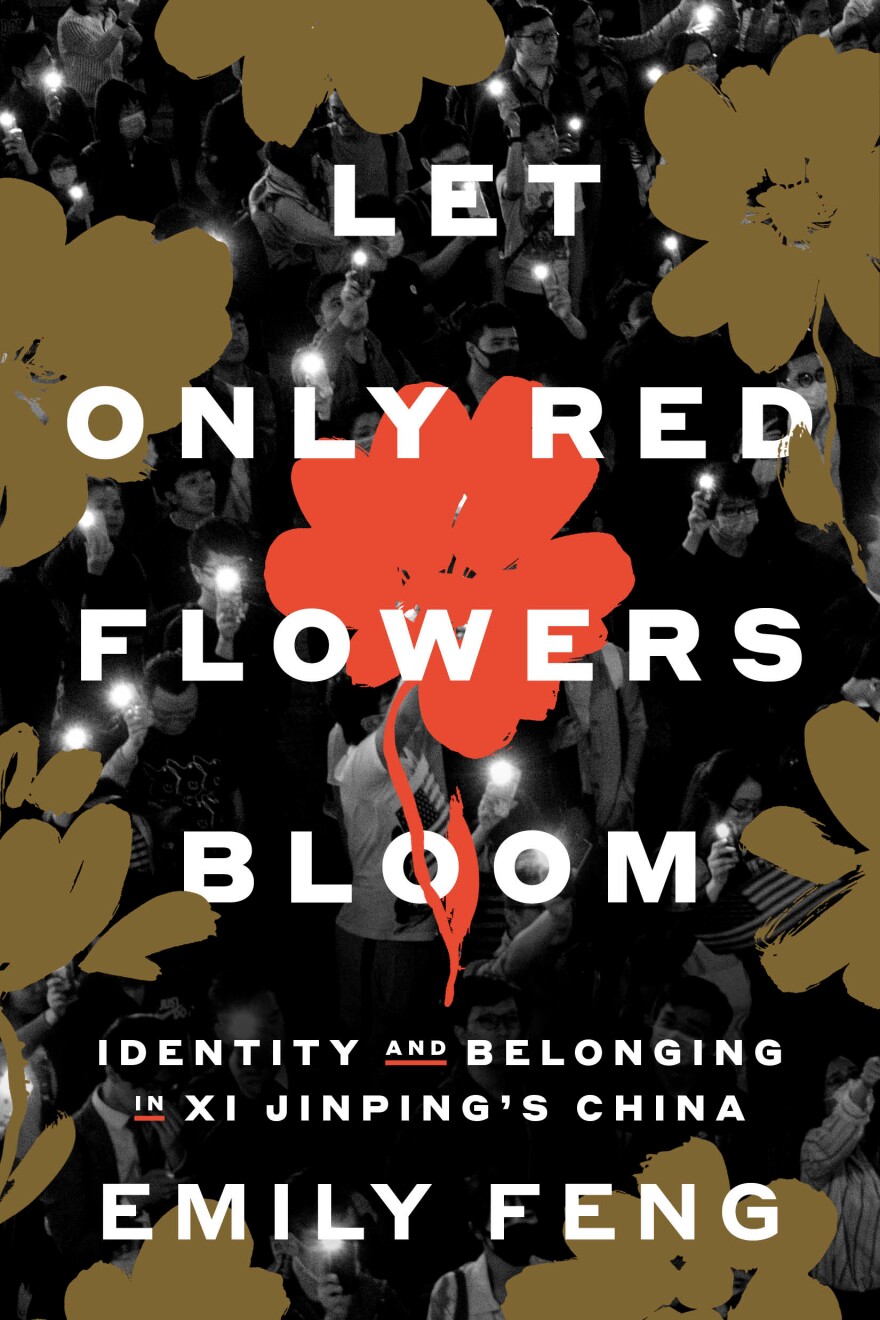Emily Feng is an International Correspondent for NPR. She has covered issues in China and Taiwan and regularly contributed to NPR and the BBC's newscasts. Feng recently published, Let Only Red Flowers Bloom: Identity and Belonging in Xi Jinping. The novel is a detailed account of individuals living in China under Xi Jinping's rule. Feng’s first book is personal to her life and work. She's the daughter of two Chinese immigrants and spent a decade reporting and living in China and, later, Taiwan. In 2022, the Chinese government told her she was not welcome back into the country.
KRPS' Rachel Schnelle spoke with Feng about reporting and living in China and how writing her book helped her reframe her experience.
SCHNELLE: I was wondering if you could start by telling me about the inspiration for this book.
FENG: I first had the idea for this book in 2020, and it was approximately midnight. I was sitting in the Beijing Capital Airport, and I was covering the Hong Kong protests that year, so I was going back and forth between mainland China and Hong Kong, and I was getting stopped. Every single time I was leaving Mainland China and then questioned for hours. And I was going back to Beijing from Hong Kong, and I just thought one day I'm going to be deported. So how am I going to report on China from outside of China and US, China, tensions had been ratcheting up at the time. Mainland authorities were really worried about these protests in Hong Kong and the video and pictures that I was potentially bringing back from these protests and all the political trends were pointing to what we see today, which is just more political tightening inside China. And the country is becoming more closed off to the outside world. So, I started thinking about what projects I could do, how I could stay connected to this country and report on these stories if I could not physically be in the country. And eventually that is what happened. And April 2022, I left for a vacation. Authorities did not let me back. I moved to Taiwan, nearby China. And I started writing the book.

SCHNELLE: What was it like writing a book about Xi Jinping as someone who lived in China and who identifies Chinese?
FENG: I'm Chinese American and that looking back now was influential in how I reported in the country and how authorities treated me as someone who looks and sounds Chinese, my parents were born and raised in China, but I was born and raised in the US. Both sides, so to speak, expected certain things remain, so Chinese authorities would say both. We see you as Chinese and so we expect you to tell the China story, which is the story of immense economic development and how China has lifted the livelihoods of hundreds of millions of people, but basically nothing else. On the other hand, they would also say you are using. Your Chinese face to go and report and blend in with these communities in China and tell negative stories about China to the outside world. And I would say no; these are holistic stories about. About the amazing diversity and dynamism of the country, both good and bad on the American side, as tensions continue to get worse with China, there's always the question of, well, you're you say you're American, but you speak Chinese. You've got a Chinese face and a Chinese name. Are your loyalties actually?
SCHNELLE: Could you tell me how the personal stories of this book affected you.
FENG: My aim with the book was some of the stories are characters or peripheral sources from stories that I did for NPR and then other people are just people I found so fascinating. I wanted to spend more time with them, but the point of the book was not to ground this in headlines or news, but to really tell people stories just simply because they are people. They happen to be in the Chinese speaking world or born in China, but not necessarily. Some of the stories I tell are from Taiwan. Some of the stories I tell are among the Chinese diaspora who live in the US. These people have rich interior work. Simply because they're people. As an exercise of empathy, not because China is this big, bad country that we're now in a competition with.
SCHNELLE: What was it Like being told you were no longer accepted in China?
FENG: To be honest, it was devastating. I mean, I think that I'm finally getting over it now and there is. And you have moved on to other stories and after I left China, I ended up moving to Taiwan for NPR. And I just moved after two years living there for NPR. Back to Washington, DC so I have a decade of my life covering the Chinese speaking world in China and Taiwan. So, this is another big transition, leaving behind a story in a country that I still care so much about. It was tough and honestly, authoring the book was a way of processing my time in China. The stories that I reported there, the people who I met, you know, I felt bereft because they think reporting in China and living there. As tough as it was, it was a huge source of purpose for me.



